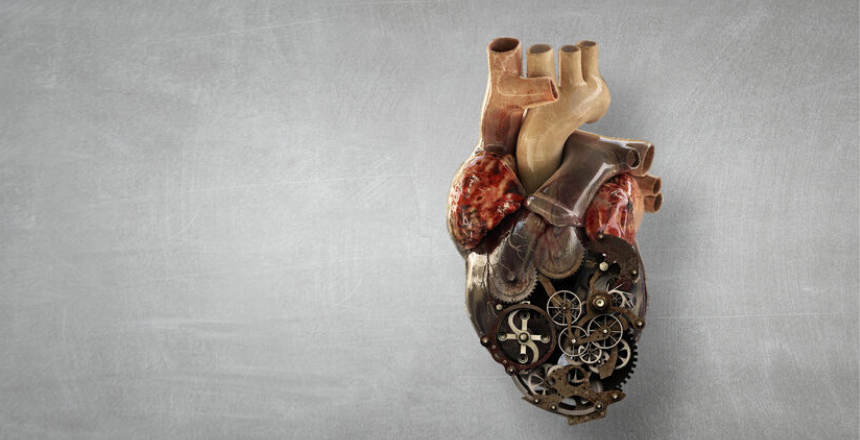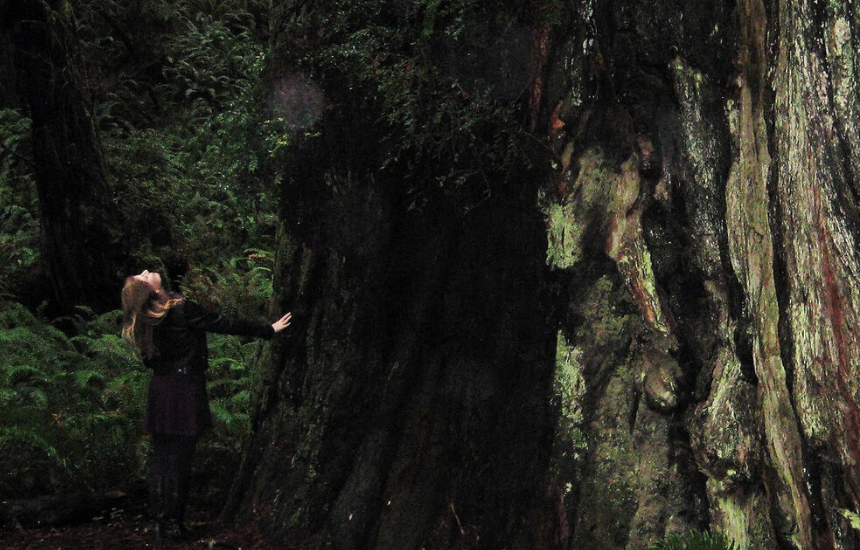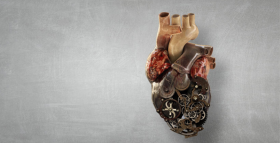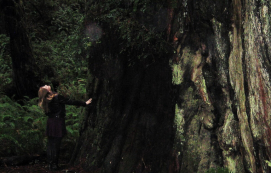
I’m more Disney princess than Wednesday Addams. So while I would have never identified as a death-centered child, I was definitely death-aware. I’m not sure how, but I knew one day, my parents—namely my mom—would no longer be in my life.
I have a vivid memory of her tucking me into the bottom bunk. Laughing, and definitely prolonging bedtime for as long as possible, I gripped her arms with mine. I loved her arms, the coziness of them. I remember telling her, “Mom? I want a piece of you when you die. Your arms are my favorite so probably your arms. That’s what I want when you die.”
Of course I had no knowledge of the science of preservation. I didn’t know that my mom’s arms in death would be nothing like they were in life. I just knew I couldn’t live without her warm, comforting arms. I wanted to hold onto them forever.
I didn’t visit this memory again until we scattered my mom’s cremains in the Redwood Forest. It was my idea, making her final resting place a location she’d had on her bucket list since she was little. So I contacted the proper authorities, signed all the permits, and scouted out a location.
Just days before Christmas 2014, me, my sister, my dad, my grandmother, and two of my aunts climbed the pine needle carpeted path to Remembrance Grove. It was the most peaceful, quiet place I have ever been and we each took turns carrying the plastic urn with my mom’s ashes inside. My sister saw a tree whose bark resembled the silhouette of a woman. We smiled at each other: This is mom’s tree.

Shelby standing in Remembrance Grove (December, 2014)
Talking, crying, and singing songs, my family and I took turns passing around the urn, scattering handfuls of my mom at the base of the tree. Somehow, the last handful of ashes was mine, and as I reached in to scrape them from the bottom of the urn, my fingers gripped something hard and cool. A bone? A tooth? A stone? Quietly, I slipped the object into my pocket and as we said goodbye to the tree and made our way back through the Redwoods, I fiddled with the treasure in my pocket, baffled as to what it could possibly be.
Hours later at our San Francisco hotel, I snuck off to examine my mystery object. It was definitely metal, black and dark blue in color, about the size of a Valentine’s Day chocolate, and shaped like a heart. It had numbers and letters on it—a code I couldn’t make sense of. And the back of the heart was hollow, as if this little metal heart held a secret pouch inside. But there was nothing in the empty space. Just some of my mom’s ashes, which I lovingly washed down the hotel sink.
I racked my brain for answers. Did the funeral home put this here? Were the numbers a bar code or a classification of some kind? Did a piece of the crematorium break off and end up mixed in with my mom? What piece of my her could have survived the fire?
A few days later, the answer came to me, rushing through my brain like clear, sparkling water: My god, it’s her port. It’s her chemo port.
Her chemo port was the only piece of my mom that could survive the way she chose to be destroyed and returned to the earth.
Shaking with chills, I knew in an instant. What I held in my hands—this last gift my mom left me—was a true “piece of her.” Her chemo port was the only piece of my mom that could survive the way she chose to be destroyed and returned to the earth. This small piece of metal sat above her heart for the two years, delivering hope and life-changing chemotherapy into her system.
In her death, that little piece of medical metal became her final gift to me. I couldn’t believe it. My mom kept her word to my bizarre seven-year-old self. She’d left a piece of herself behind to the child who’d explicitly asked for it.
I wept for this unconventional wish come true. I got exactly what I asked for: a piece of my mom to hold onto forever.
My mom’s chemo port holds a place of special honor now, tucked on my dresser alongside plants, candles, photos of her, and crystals that are said to bring love, abundance, and a releasing of pain.
I feel closest to my mom when I’m holding that little piece of metal in my hands, remembering rubbing her ashes off the engraved numbers and letters for the first time and wondering what on earth it could be. This eerie heart-shaped remnant of my mom reminds me to stay open to all the other ways in which she might have left a piece of herself behind.
Shelby Forsythia is the author of Permission to Grieve and host of the podcast Coming Back: Conversations on Life After Loss.









